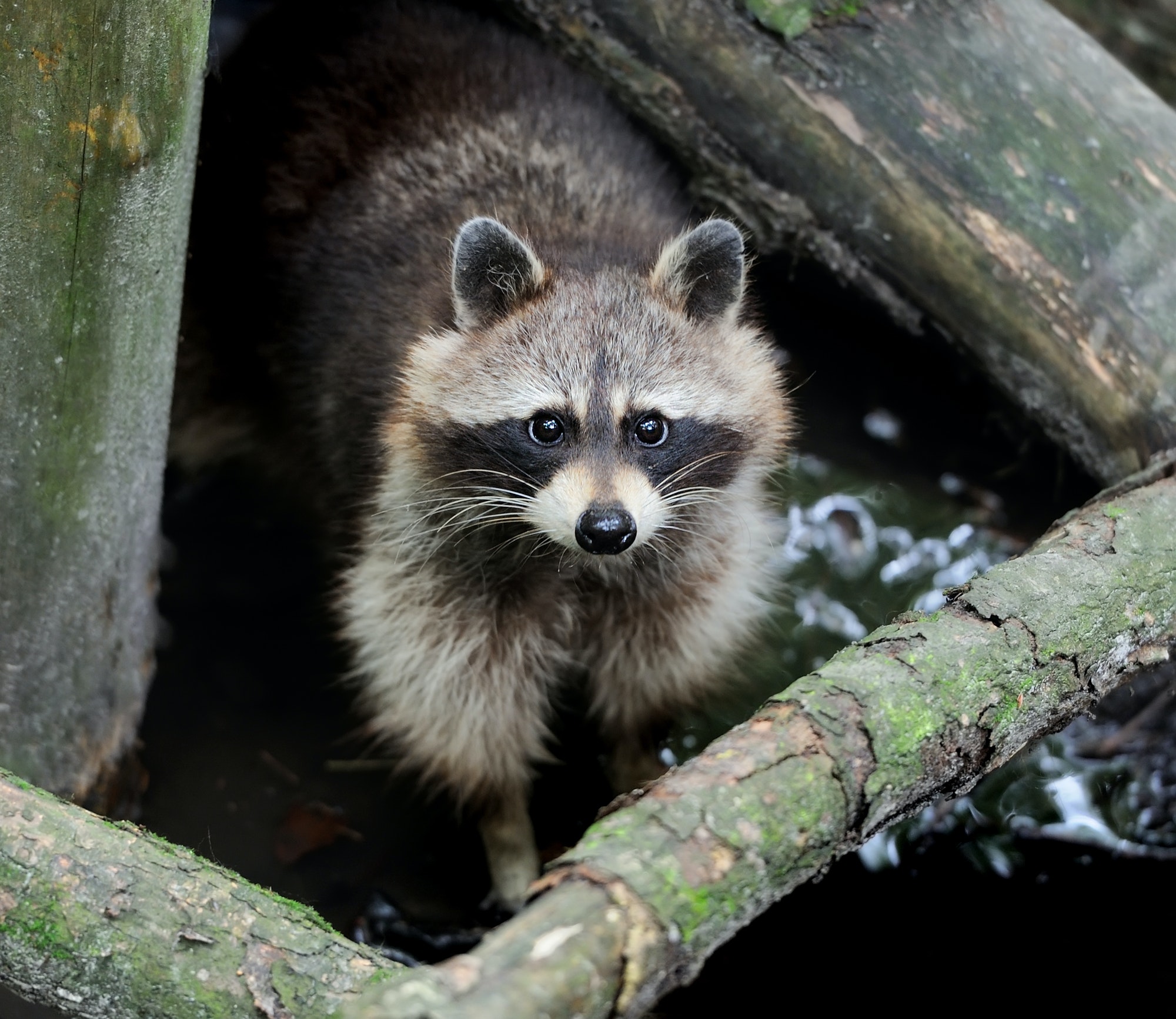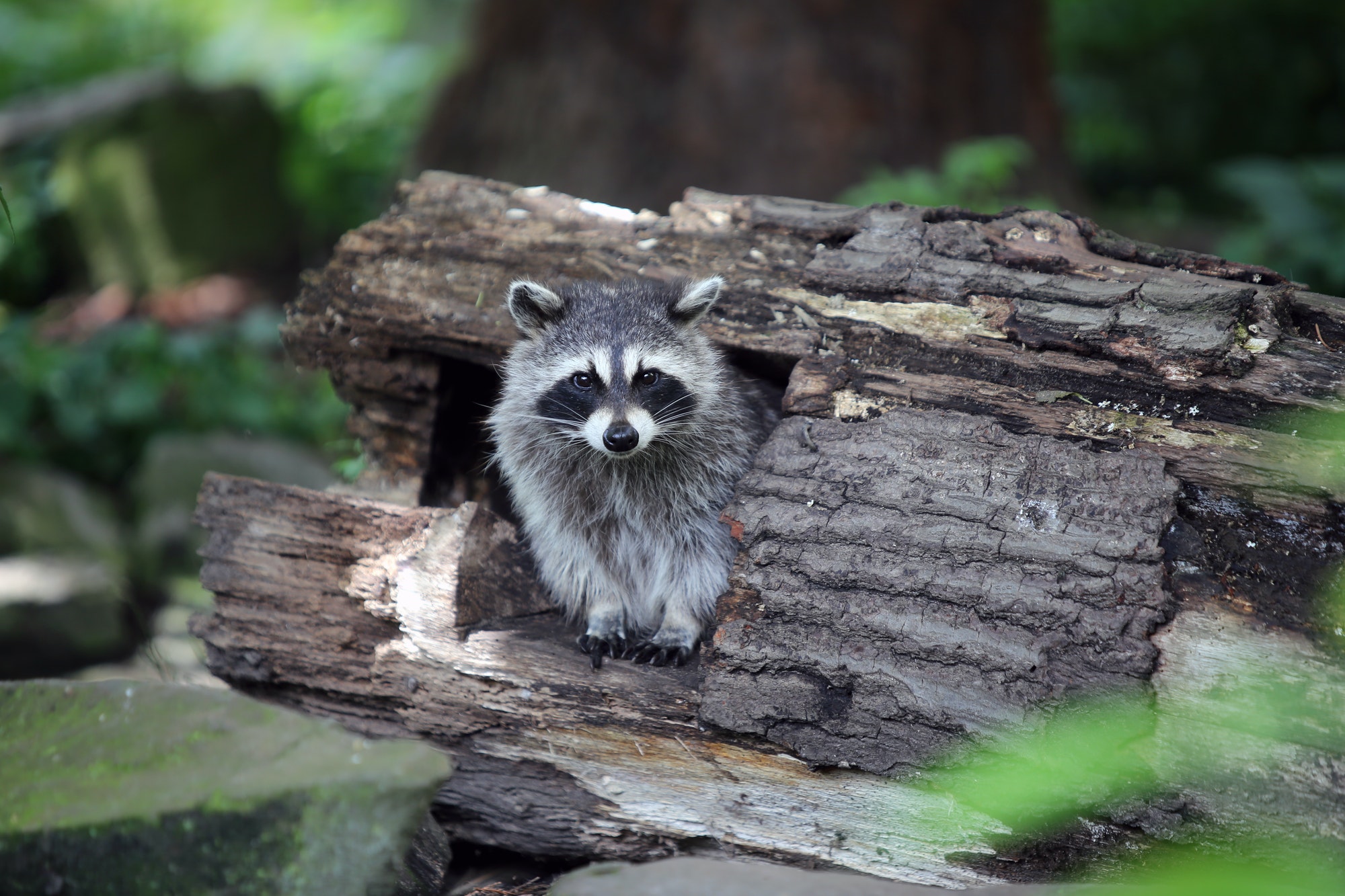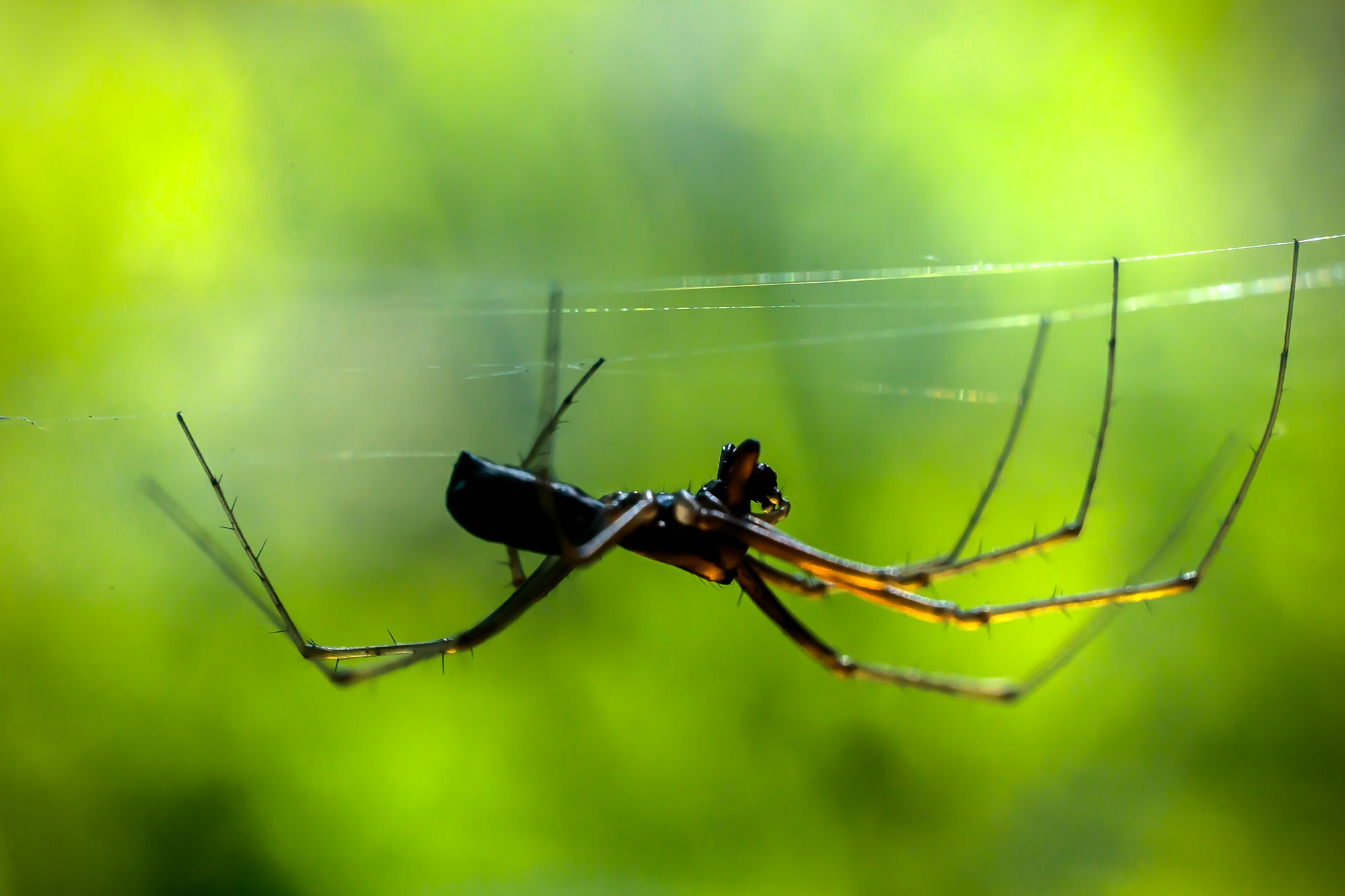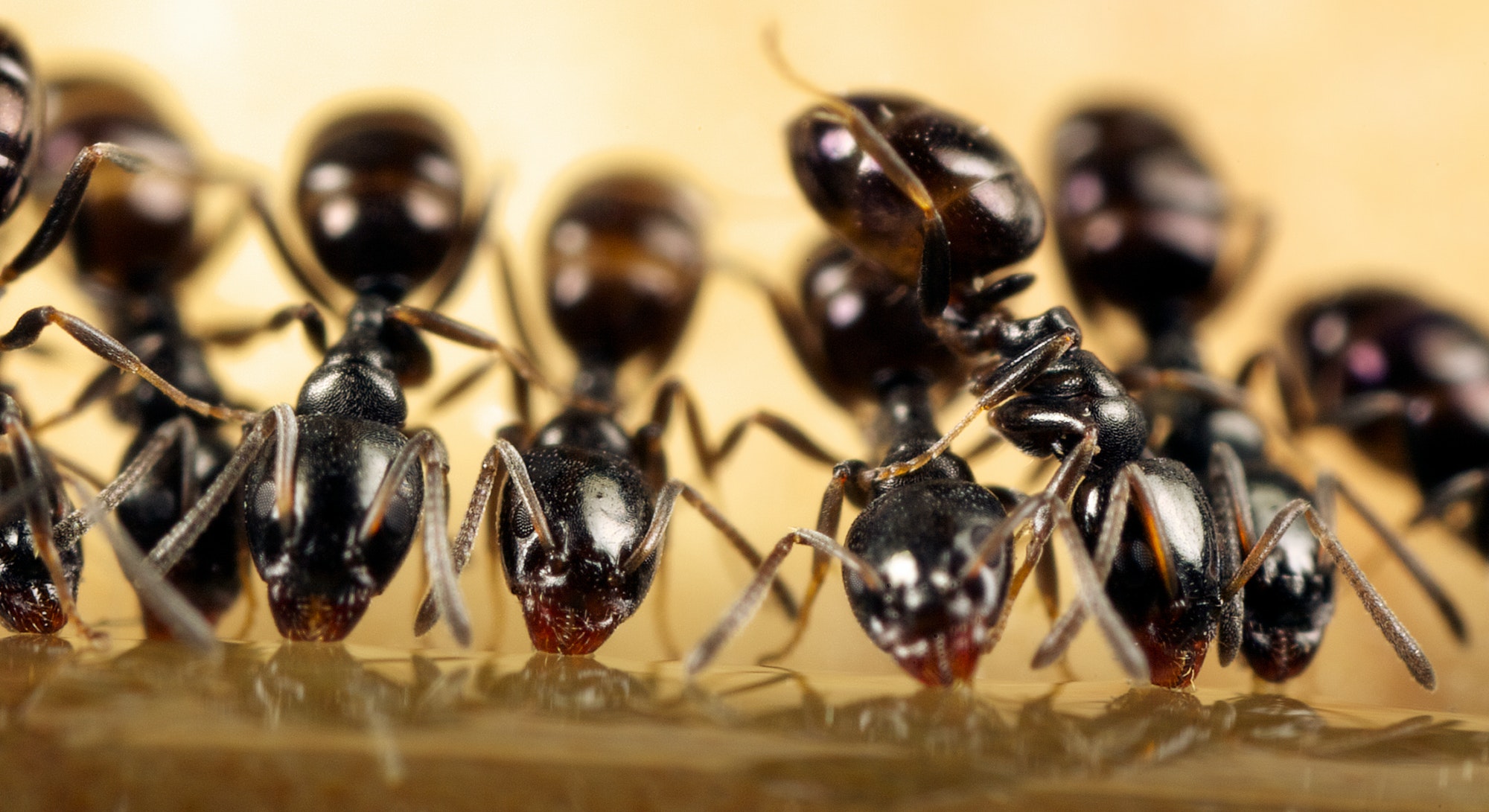Signs of Raccoons Terrorizing Your Home
It’s eleven o’clock at night, and you’re getting ready for bed. You go to the kitchen to get a glass of water, when you hear some rustling in your backyard. You think nothing of it, and make your way to the stairs when the rustling gets louder. Your experience with horror movies is telling you to run upstairs and hide, however, you feel drawn to the mysterious forces outside your window. You grab a flashlight and quietly reach for the door, when you hear another noise. Is that… tapping on the window?
You drop your things, sprint upstairs and dive into your bed, occupied with the thought of serial killers and aliens. After a sleepless night, the sun finally rises so you can go outside without fear. In the backyard everything seems eerily normal, other than the trash can that has fallen over. You go to pick it up without thought when suddenly something inside screeches and grabs your hand! You let out a blood-curdling scream and drop the trash can, fearing for your life.
However, when you look behind your fingers over at the emptied can, you see three small, masked figures scurry away. This whole time, the ominous creatures were only raccoons! The now-awake neighbors peer over the hedges to see what the fuss is about, but after assuring them that there are no aliens coming to destroy the planet, you drowsily climb your way to the bedroom where you take a long, much needed nap.

Raccoons are among the most common animals in US cities, and while they seem relatively harmless, they can carry diseases such as rabies that can be spread to you and your pets. In 2018, raccoons were the second most reported rabid animal, followed by bats. When they reside near and inside your house, they also can cause damage and introduce other unwanted parasites. To protect your property and keep your family safe, it is important to be aware of the signs that raccoons are terrorizing your home.
Raccoons are most active during the spring, summer, and fall seasons. They are nocturnal, so they are most often seen at night time. During these seasons it’s not uncommon to find them around the house. Certain spots are more vulnerable to raccoon infestation than others, so some areas to look out for include gardens, trash cans, sheds, and bird feeders. Food such as vegetables in gardens and seeds in bird feeders are easy for raccoons to access and provide them delicious meals.

Identifying these areas is an important step to avoid having raccoons feast in your yard. Some signs you can look out for include raccoon footprints, which look like human footprints but are only around 4 inches long. If your vegetable garden has corn stalks chewed on or melons clawed open, this is also a sign that raccoons are eating your food.
Garbage cans are gold mines for these masked villains, especially when they contain scraps of meat and produce. When a raccoon finds a reliable location like this, they are more likely to return in the future. If your trash can is knocked over or there is trash scattered around the yard, this is a definite sign that there are raccoons.
Attics are another common place for raccoons to take shelter. They are relatively large animals, so if they’re there you can usually hear them thumping around during the evening and at night. If there are baby raccoons, they can be heard making crying/whining sounds as well. If you go up and look into your attic, see if you can find urine and droppings. If you smell waste up there, it is likely that you have some new roommates. They can also be heard making low growling noises and scurrying inside the walls.
Raccoons can be a serious problem if they live near or in your house, so if you think you have a raccoon problem you should call pest control, or research DIY methods to repel them. These animals are nothing to be afraid of, but it’s important to stay safe so you don’t risk getting any diseases or damage to your home. With the right precautions, you won’t have to worry about any late night raccoons rustling outside of your house ever again!








